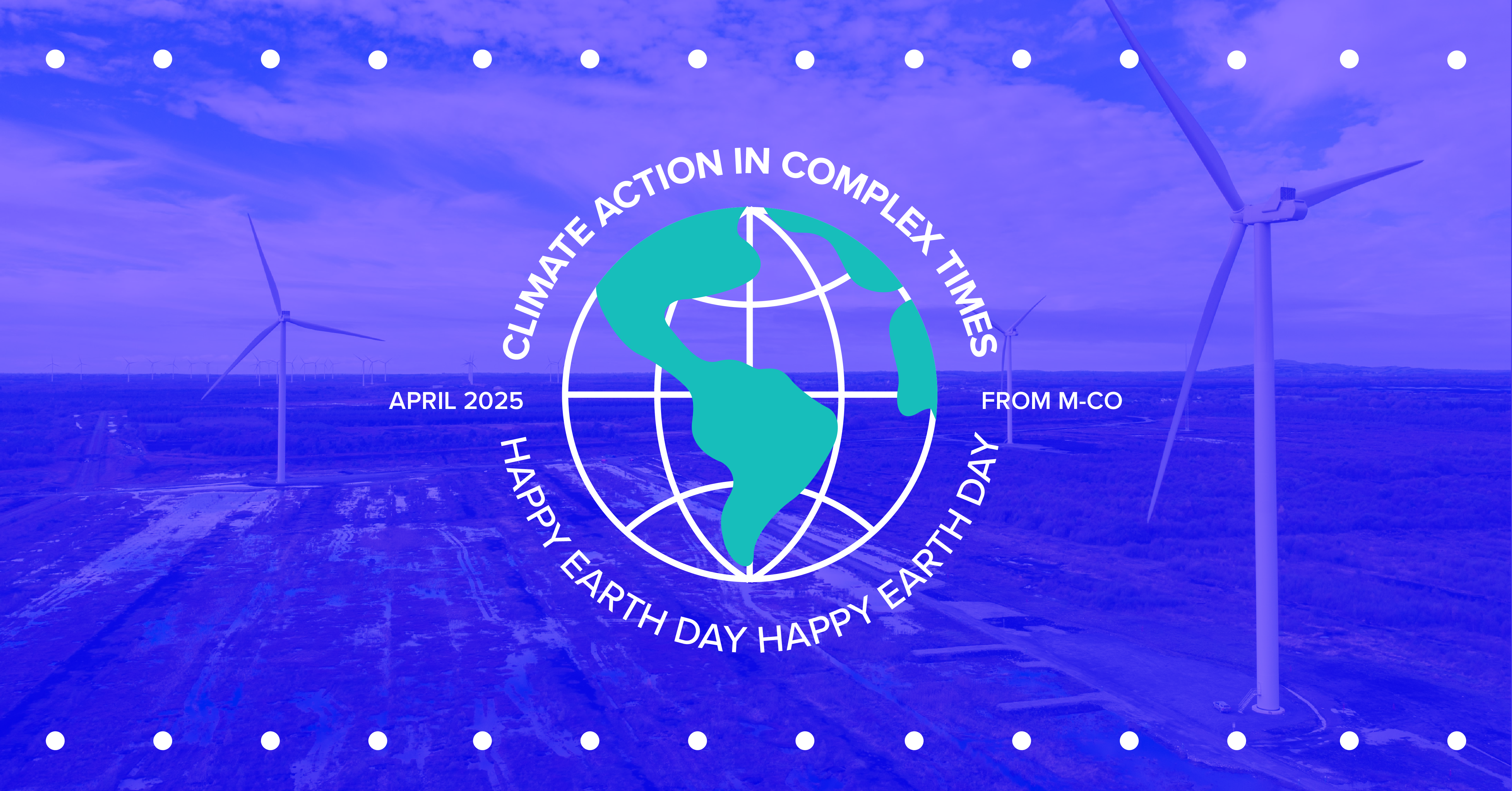In a time marked by change, uncertainty, and competing pressures, taking action on climate and sustainability issues can feel overwhelming.
For many working inside organisations – public or private, large or small – it can be hard to stay positive or even stay engaged. The complexity is real. The science keeps evolving, legislation is shifting, and expectations are mounting.
Amid all this flux, the simple question lingers: How much is enough?
The truth is, we don’t have a perfect answer. We don’t know the precise level of decarbonisation required by 2030 versus 2040, or exactly how much biodiversity restoration is “enough.” What’s required around equality, or what counts as meaningful inclusion, continues to evolve.
But we do know the general direction: toward lower emissions, greater resilience, stronger ecosystems, and more just, equitable systems. That clarity in direction gives us something to hold onto – even when the specifics are still in motion.
And yet, knowing the direction doesn’t make the work easy. If you’ve ever tried to push a climate initiative through an organisation, you know the reality: budget constraints, short-term priorities, competing interests, and a general sense of “is this even making a difference?”
But here’s the thing: it is worth it.
Even in the fog of uncertainty, acting on sustainability – social and environmental – delivers real, tangible value.
First, there’s the clear business case. Time and again, organisations that lead on sustainability report cost savings from energy efficiency, waste reduction, and smarter procurement. These aren’t just green wins, they’re financial wins. Done well, sustainability can reduce overheads, lower risk, and create a competitive advantage. It’s future-proofing through innovation.
But there’s more than just savings. Embedding sustainability into the heart of how an organisation operates can transform culture and morale. People want to be part of something meaningful. They want to work for organisations that reflect their values, that take responsibility, that try – even when the path isn’t fully mapped out. Taking climate and social issues seriously gives people a reason to care, to engage, and to stay. It connects the day-to-day to something bigger.
Still, in times like these, it’s easy to feel paralysed. The changing landscape of legislation – from decarbonisation targets and biodiversity directives to equity and sustainability reporting standards – can feel like shifting goalposts. But this isn’t a signal to wait. It’s a reason to act with purpose and agility. While you can’t control every policy change, you can build an organisation that’s flexible, responsive, and aligned with where the world is going.
So how do you act with confidence when certainty is out of reach?
Start with principles. Don’t treat sustainability initiatives in isolation. Look for synergies across teams and goals. Rewilding isn’t just about nature – it can be part of a broader employee engagement strategy. Decarbonisation can be a lever for innovation in operations and supply chains. Social equity programmes can enhance recruitment and retention, while also reducing risk. Don’t segment the work – connect it.
Second, look sideways. Learn from others. In a world where no one has all the answers, your peers are some of your best resources. What’s working for them? Where are they experimenting? What mistakes have they made that you can avoid?
Third, focus on impact, not perfection. Progress isn’t linear, and it’s never complete. What matters is the direction and the momentum. Share the journey as it unfolds. Communicate openly – not just about goals and wins, but about challenges, trade-offs, and lessons learned. That transparency builds trust and accelerates collective learning.
Finally, make space for compassion – toward yourself, your team, and your organisation. This work is hard. It can feel thankless and uncertain. But that’s precisely why it matters.
In a world that often defaults to short-term thinking, choosing to invest in the long term in people, in planet, and in justice, is powerful. It sends a signal that even when the future feels unclear, we still have agency. We still have responsibility.
Remember: sustainability isn’t a checklist. It’s a mindset.
And in times of uncertainty, it becomes even more valuable. Because it grounds us in purpose. It reminds us what matters. And it gives us a way to move forward, not perfectly, but meaningfully.
So if you’re feeling unsure, or stuck, or tired: you’re not alone. But don’t wait for perfect clarity. Move with what you know. Lean on your principles. Connect the dots. Build momentum. And above all, keep going.
The work matters. The impact is real. And the time is now.
Joanna is an Associate Director at M-CO, and an experienced sustainability consultant with a passion for climate communications.

